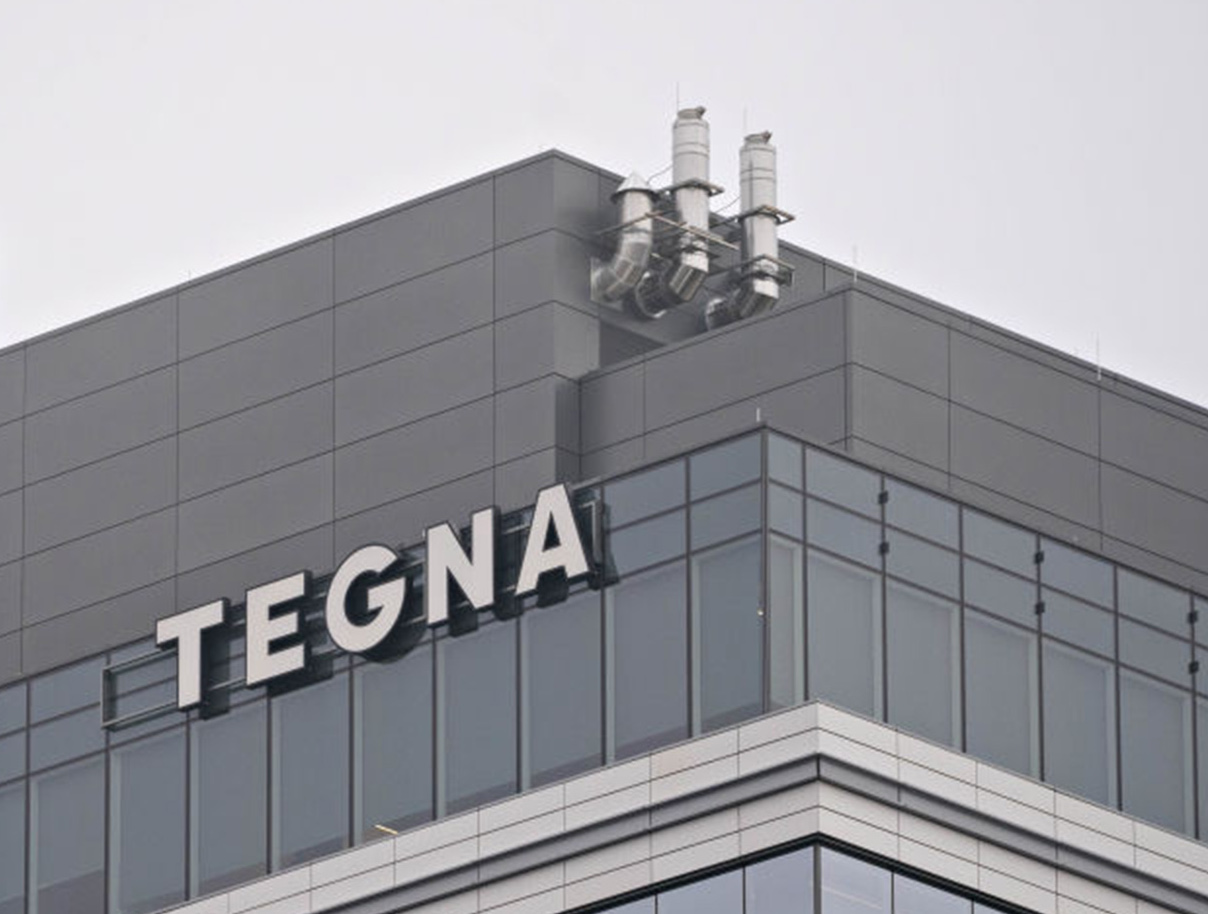Standard General’s Kim: FCC Blocking Tegna Deal Could Force Cuts, Job Loses
Responding to Senator Warren’s arguments against the deal Soohyung Kim says it will make Tegna a “stronger competitor” in the local news business

WASHINGTON D.C.—Standard General and its managing partner Soohyung Kim have responded to a letter sent by Senator Elizabeth Warren to the FCC urging the agency to block the $8.6 billion Tegna deal by arguing that the deal will strengthen local news by making Tegna a “stronger competitor” in the local news business and by warning that blocking the deal could force Tegna management to cut costs in a time when other media companies like CNN have been shedding staff.
In a statement to the press, Standard General said: “We appreciate Sen. Warren’s concerns and are confident that through our binding commitments and the fundamentals of this transaction we have more than addressed them. This transaction will protect local newsroom jobs across the country, enhance investment in local television broadcasting and newsgathering, and preserve competition in the marketplace, while creating the nation’s largest minority-owned, woman-led broadcast company. We will continue to work with the FCC and DOJ as they seek to conclude their review and we look forward to building a local broadcasting company that will serve all the communities in which we will operate.”
In a longer letter to the Senator, Soohyung Kim noted he hoped to arrange a meeting with Senator Warren to discuss her concerns and he stressed that the "fundamental rationale for this transaction is our conviction that as a private company dedicated to local broadcast journalism, Standard General intends and is able to ensure that Tegna becomes a stronger competitor. Today’s local broadcasters compete with the world’s largest tech and media giants. But our considerable experience owning television broadcast stations tells us that viewers deeply value local news, vital weather service, sports and entertainment programming, while local advertisers crave a trusted local advertising alternative to those national tech and media giants.”
“Against that backdrop, the binding commitments we have made, and some have questioned, are not deviations from our strategy - they are formal affirmations of it,” he continued. “We committed to not reduce jobs at Tegna’s newsrooms because we believe investing in news and journalism is the path to making Tegna a more successful competitor. Our track record is clear – we added more than 40,000 hours of local news in just seven years at the stations we have operated.”
Kim also warned that “if this deal is blocked…Tegna, as a publicly traded company, would be left subject to the intense pressure of the public markets to cut costs as the economy slows, ad spending shrinks and competition increases. The current economic climate has made announcements of media job cuts routine across the industry, including most recently at CNN, Gannett and the Washington Post. In contrast, we have committed to maintain, and as noted above, hope to grow newsroom jobs over next two years.”
Kim also stressed that they have made assurances that the company would not abuse its power in retransmission consent negotiations. “[W]e have irrevocably waived any contractual right to alter Tegna’s current retransmission consent (RTC) fees and have given MVPDs the ability to choose the legacy contract they prefer, which has the potential to improve their rates relative to the status quo. As a result, this transaction will not impact the RTC market at all. In fact, one MVPD – Comcast – has already availed itself of the favorable terms we have offered.”
Kim also explained that “with respect to consolidation, Tegna will be a smaller station group after the transaction than it is today, and would comply with the national ownership cap even if the UHF Discount were eliminated – a goal long held by FCC Chair Rosenworcel.”
The professional video industry's #1 source for news, trends and product and tech information. Sign up below.
“Finally, contrary to a common misperception, Standard General does not, in fact, own any stake in Cox Media Group (“CMG”),” he said. “Regardless, as a “belt-and-suspenders” effort to address any conceivable concerns regarding Apollo’s role as one of the smaller sources of financing for the Tegna acquisition, we have fully committed to not enter any Joint Sales, Shared Services or Local Marketing agreements with CMG stations. This despite the fact that Tegna today could enter into just such contracts consistent with FCC rules and policies.”
George Winslow is the senior content producer for TV Tech. He has written about the television, media and technology industries for nearly 30 years for such publications as Broadcasting & Cable, Multichannel News and TV Tech. Over the years, he has edited a number of magazines, including Multichannel News International and World Screen, and moderated panels at such major industry events as NAB and MIP TV. He has published two books and dozens of encyclopedia articles on such subjects as the media, New York City history and economics.

